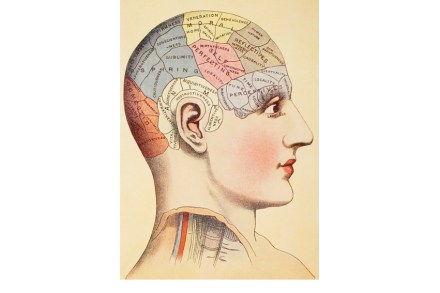Family commitments
Twice in my career, in very remote places, I encountered lunatics who had been chained for many years to the wall or to posts in the ground. The reasons why they were so enchained had been lost in the sands of time, but their keepers were convinced that they were far too dangerous to be



